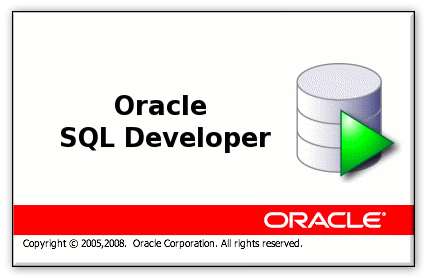

Go to your $HOME directory and execute the command sqldeveloper.The reason why we put our link inside /usr/local/bin is so that it's available globally. Now we can execute our application with command sqldeveloper from any directory.Open your terminal and type command sudo ln -s /usr/local/bin/sqldeveloper, in my case it's sudo ln -s /opt/sqldeveloper/sqldeveloper.sh /usr/local/bin/sqldeveloper.But it's quite troublesome for us to always open the terminal and execute the script to run the application. Installation done! You can use the application by executing the sqldeveloper.shĪt this point, the installation process is done and we can use the application.You will see Oracle SQL Developer starting.Run the sqldeveloper.sh file, you will be prompted to enter the Oracle JDK location, just paste it in and press enter.sqldeveloper.sh or sh sqldeveloper.sh in the current directory. You can see that sqldeveloper.sh has executable permission so that we can run it by doing.Locate your Oracle JDK installation under /usr/lib/jvm, we'll need this location to tell Oracle SQL Developer where our Oracle JDK is located.By default the unzip program will extract the zip file into the current directory, since we are in /opt now, we don't need to specify target directory. zip, in my case it's sudo unzip ~/Downloads/sqldeveloper-20.2.0. Unzip Oracle SQL Developer with command sudo unzip.This is where i will store the sqldeveloper application, you can choose other directory, but this my preference (and i read also that /opt is for 3rd party apps that we cannot install via apt package manager) Open your terminal, go to /opt directory.

Verify your installation by listing the directory of /usr/lib/jvm.Install Oracle JDK 11 by using command sudo dpkg -i, in my case it's sudo dpkg -i jdk-11.0.8_linux-圆4_bin.deb.Open your terminal, go to directory where your prerequisite files are located (in my case it's in ~/Downloads).Install Oracle JDK 11 and Oracle SQL Developer




 0 kommentar(er)
0 kommentar(er)
